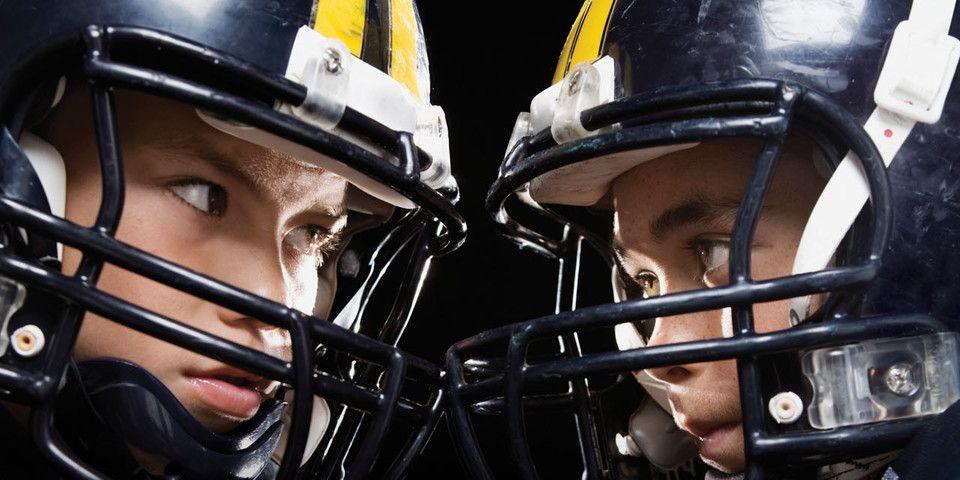Top 10 FAQs About Swimming Concussions in Philadelphia
In recent years, swimming concussions in Philadelphia and throughout the nation have been on the rise. At Rothman Orthopaedic Institute, we want to help raise awareness and promote safe swimming by answering common questions that we hear about swimming concussions in Philadelphia.
-
Are All Swimmers At Risk For Concussions?
All swimmers should be aware of the risk of concussions while practicing the sport. These injuries can occur through impact with a pool wall or with another swimmer. Synchronized swimmers do have a particularly high rate of occurrence for this injury; however, it is important for all athletes, coaches, and family members to be informed and proactive when it comes to swimming concussions. -
How Can Swimming Concussions Be Prevented?
One of the best ways to prevent concussions is to practice awareness of your surroundings before and after entering the pool. Know the depth of the pool, as well as your proximity to walls and other swimmers. -
What Is A Concussion?
A concussion is a traumatic brain injury that occurs due to impact. The impact can be directly to the head, but it can also occur elsewhere and cause sufficient jarring to the brain. Concussions range from mild to severe and may present a variety of symptoms. -
What Are The Signs Of Concussions?
Concussions may present different symptoms depending upon their severity. An injured athlete may exhibit the following signs which can be observed externally:
-
Appearing dazed, stunned, or confused
-
Being unsure about names, dates, or events
-
Moving in a clumsy way
-
Answering questions slowly
-
Losing consciousness
-
Showing behavioral or personality changes
-
Having trouble recalling events around the time of the impact
-
Vomiting
However, not all signs of a concussion are externally visible. In many cases, doctors and coaches must rely on athletes to report symptoms like the following:
-
Headache or pressure in the head
-
Nausea
-
Dizziness
-
Double vision or blurry vision
-
Sensitivity to light
-
Sluggishness
-
Difficulty concentrating or remembering
-
Difficulty sleeping or waking up
-
How Is A Concussion Diagnosed?
Because so many of the symptoms of a concussion rely on self report, it is imperative that open, honest communication is fostered between athletes, coaches, and trainers. If an athlete is suspected of having a concussion, it is important to contact a doctor right away. The physician may perform a number of tests, including a neurological examination, cognitive testing, and imaging tests. Additionally, the athlete may need to be observed overnight if a concussion is suspected. -
What Treatment Options Are Available?
In most cases, rest is the best way for an athlete to recover from a concussion. This rest should include a reduction of both physical and mental exertion until symptoms have abated and the athlete receives clearance from a physician. Over the course of recovery, activities may be gradually added back in, at the discretion of the doctor. Pain relievers may also be recommended to relieve headaches, but it is important to consult with a doctor before taking any medicine. -
Where Can I Get Help For Swimming Concussions In Philadelphia?
If you or someone you love has experienced a swimming concussion in Philadelphia, it is important to seek out specialized health from a sports medicine professional. You can find this sort of treatment nearby at Rothman Orthopaedic Institute. Our doctors can provide the compassionate and experienced care you need from first assessment through recovery. -
How Long Is Recovery From A Swim Concussion?
The length of recovery after a concussion depends largely upon the severity of the injury. The period of rest required may last anywhere from a week to several months. -
Can I Go Back To Swimming After A Concussion?
It is important that you do not return to swimming until after you are cleared by a doctor. However, many athletes are able to return to swimming after a period of recovery. -
Are There Still Risks After Recovery?
There is evidence that suggests that some patients with a history of one more concussions may be at greater risk for developing lasting limitations. Talk with your doctor to find out more about your unique situation and its potential risks.
For more information about swimming concussions in Philadelphia, please visit us here or contact us at 1-800-321-9999.
Related Physicians
Related Specialties
Related Conditions
Related Treatments
Related Programs
-

Sports Concussion Program
Concussion care is a special focus of Rothman's sports medicine program. We've developed the most advanced multi-disciplinary evaluation and treatment techniques based on research done by the concussion specialists here at Rothman Orthopaedic Institute.Read More




